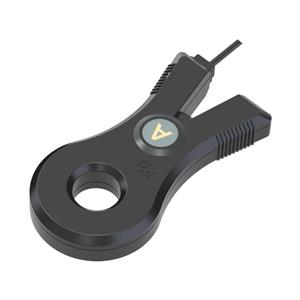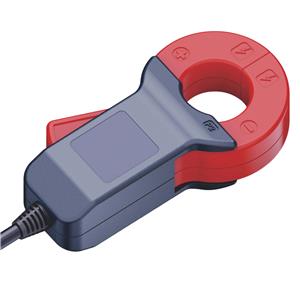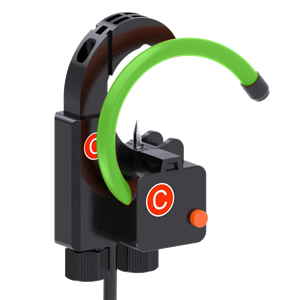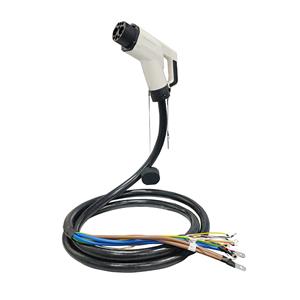-
3011-2023
Accuracy and Precision Evaluation of Current Shunt Resistor
Accurately measuring current is crucial in circuit design. To achieve accurate current measurement, engineers often use a Current Shunt Resistor as a current sensing element. This article will delve into the importance of evaluating the accuracy and precision of Current Shunt Resistors, as well as discuss some commonly used evaluation methods.
-
2301-2024
Selection Criteria for Precision Shunt Resistors
Providing guidance on selecting the most suitable precision shunt resistors based on application requirements, including factors such as resistance value, tolerance, power rating, and thermal considerations.
-
0102-2024
Applications of Precision Shunt Resistors in Current Measurement
Discussing the role of precision shunt resistors in current measurement applications, including power supplies, battery management systems, motor control, and electronic load testing.
-
2809-2023
Technological Prospects of Precision Shunt Resistors
Precision shunt resistors play a crucial role in electrical circuits by accurately measuring current flow and enabling precise current sensing applications. Over the years, advancements in technology have led to the development of innovative precision shunt resistors, offering improved performance, enhanced accuracy, and expanded applications. In this technical document, we will explore the promising technological prospects of precision shunt resistors.
-
2901-2024
Advantages of Precision Shunt Resistors
Highlighting the advantages of using precision shunt resistors, such as their high accuracy, low temperature coefficient, excellent stability, and ability to handle high power dissipation.
-
2401-2024
Comparing Precision Shunt Resistors with Other Current Measurement Techniques
Comparing Precision Shunt Resistors with Other Current Measurement Techniques: Comparing precision shunt resistors with alternative current measurement techniques, such as Hall effect sensors and current transformers, discussing the advantages and limitations of each method.
-
2101-2024
Future Trends in Precision Shunt Resistors
Future Trends in Precision Shunt Resistors: Exploring emerging trends and advancements in precision shunt resistors, such as the miniaturization of components, the integration of temperature compensation techniques, and the development of higher power handling capabilities.
-
2001-2024
Types of Precision Shunt Resistors
In summary, precision shunt resistors play a vital role in accurate current measurement and control. Metal foil resistors, thin film resistors, and wirewound resistors are three primary types available in the market, each with its unique features and applications. Metal foil resistors are known for their stability and precision, thin film resistors for their low noise and linearity, and wirewound resistors for their high power handling capabilities. Selecting the most suitable type depends on the specific requirements of the application, such as accuracy, stability, power dissipation, and temperature coefficients.
-
2104-2023
A measurement method for parallel resistance of solar cells
A measurement method for parallel resistance of solar cells 1. The larger the series resistance is, the more the short circuit current drops, and the more the filling factor will accordingly; The smaller the shunt resistance, the greater the current, the more the open circuit voltage drops, and the more the fill factor drops.
-
1904-2023
How to calculate the multiple of the ammeter after using the shunt
Motor test measurements usually require ammeters to be equipped with multiple shunt units to solve the problem of ensuring the desired measurement accuracy over a larger measurement range. At this point, the rated voltage drop of all shunt used must match that of the ammeter (e.g. 75 mV).




